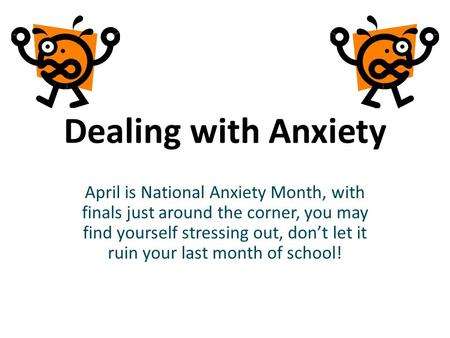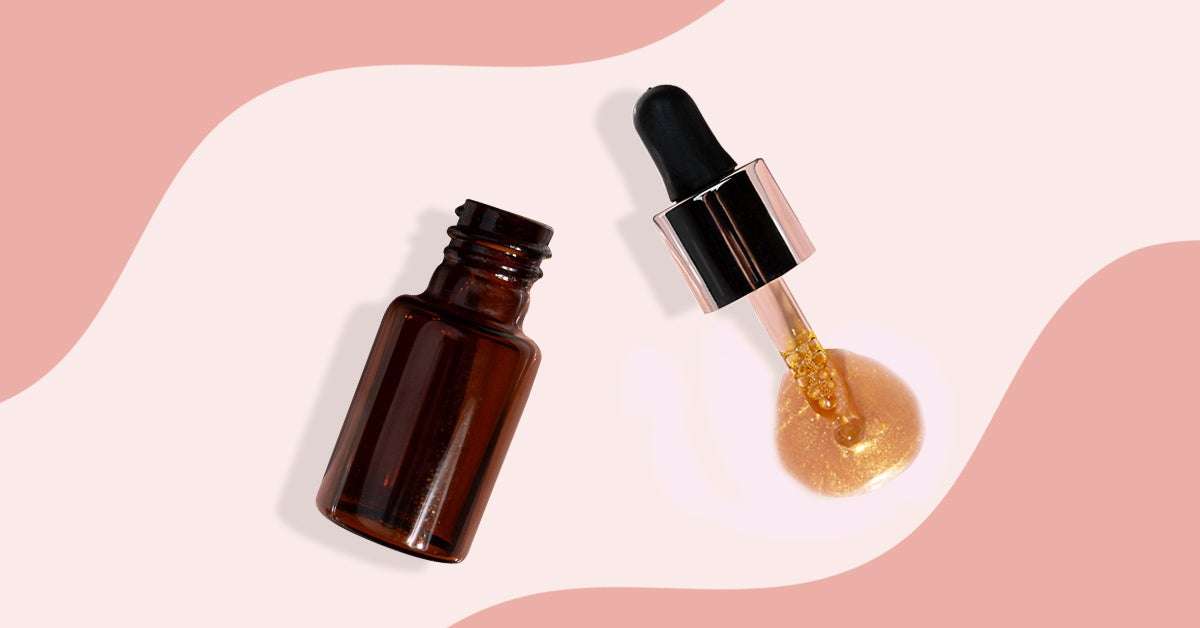Presentation on theme: “SMILE.”— Presentation transcript:
1 SMILE 
2 Smiling is a great way to make yourself stand out while helping your body to function better. 
3 10 Reasons To SMILE… 
4 1. Smiling Makes Us Attractive We are drawn to people who smile
1. Smiling Makes Us Attractive We are drawn to people who smile. There is an attraction factor. We want to know a smiling person and figure out what is so good. Frowns, scowls and grimaces all push people away — but a smile draws them in. 
5 2. Smiling Changes Our Mood Next time you are feeling down, try putting on a smile. There’s a good chance you mood will change for the better. Smiling can trick the body into helping you change your mood. 
6 3. Smiling Is Contagious When someone is smiling they lighten up the room, change the moods of others, and make things happier. A smiling person brings happiness with them. Smile lots and you will draw people to you. 
7 4. Smiling Relieves Stress Stress can really show up in our faces
4. Smiling Relieves Stress Stress can really show up in our faces. Smiling helps to prevent us from looking tired, worn down, and overwhelmed. When you are stressed, take time to put on a smile. The stress should be reduced and you’ll be better able to take action. 
8 5. Smiling Boosts Your Immune System Smiling helps the immune system to work better. When you smile, immune function improves possibly because you are more relaxed. Prevent the flu and colds by smiling. 
9 6. Smiling Lowers Your Blood Pressure When you smile, there is a measurable reduction in your blood pressure. 
10 7. Smiling Releases Endorphins, Natural Pain Killers and Serotonin Studies have shown that smiling releases endorphins, natural pain killers, and serotonin. Together these three make us feel good. Smiling is a natural drug. 
11 8. Smiling Lifts the Face and Makes You Look Younger The muscles we use to smile lift the face, making a person appear younger. Don’t go for a face lift, just try smiling your way through the day — you’ll look younger and feel better. 
12 9. Smiling Makes You Seem Successful Smiling people appear more confident, are more likely to be promoted, and more likely to be approached. Put on a smile at meetings and appointments and people will react to you differently. 
13 10. Smiling Helps You Stay Positive Try this test: Smile
10. Smiling Helps You Stay Positive Try this test: Smile. Now try to think of something negative without losing the smile. It’s hard. When we smile our body is sending the rest of us a message that “Life is Good!” Stay away from depression, stress and worry by smiling. 
Many see smiling simply as an involuntary response to things that bring you joy or inspire laughter. While this is certainly true, it overlooks an important point: Smiling can be a conscious, intentional choice.
What does psychology have to say about smiling? Whether your smile is genuine or not, it can act on your body and mind in a variety of positive ways, offering benefits for your health, your mood, and even the moods of people around you.
Three Types of Smiles
Research suggests that there are three primary types of smiles:
- Reward: Smiles that convey approval, happiness, contentment, and other positive feelings.
- Affiliation: Smiles that communicate positive intention, trustworthiness, belongingness, compassion, and social connection.
- Dominance: Smiles intended to convey contempt, disgust, or superiority. Such smiles have been shown to increase cortisol (stress hormone) levels in people they are directed toward.
Press Play for Advice On Feeling Better
Hosted by Editor-in-Chief and therapist Amy Morin, LCSW, this episode of The Verywell Mind Podcast, shares why smiling benefits your well-being. Click below to listen now.

Subscribe Now: Apple Podcasts / Spotify / Google Podcasts
Smiling not only makes other people feel better about themselves but also raises your self-esteem, increases your level of positive attitude and releases endorphins in your brain to make you happy.
Humans all have a core emotional need for self-esteem and personal value. One way to achieve both entities is to gain acceptance, and one simple gesture can help pave the wave for more acceptance is a smile. It can establish positive relationships with others. Humans have need to be liked and accepted just the way they are. Tracy points out that many people on the fringes of society are not getting the acceptance they desire. So, in order to spark positive relationships, try to exercise acceptance.
Related: This Personality Trait Is Common Among All Successful People
Entrepreneur Network is a premium video network providing entertainment, education and inspiration from successful entrepreneurs and thought leaders. We provide expertise and opportunities to accelerate brand growth and effectively monetize video and audio content distributed across all digital platforms for the business genre.
EN is partnered with hundreds of top YouTube channels in the business vertical. Watch video from our network partners on demand on Roku, Apple TV and the Entrepreneur App available on iOS and Android devices.
There never seems to be enough hours in a day. And in those few hours, you’re loaded with deadlines, responsibilities, errands and expectations. With stress weighing you down, daily tasks get harder and harder to handle — like a heavy backpack getting heavier as the day goes on.
Fortunately, there are 4 steps to help reduce stress and cope with the inevitable stressors of everyday life:
1. Avoid.
Believe it or not, it is possible to escape some of the minor stressors that tend to trouble people:
- Take control of the stress that fills your day by finding ways to ways to make the situation better. For example, if your commute is stressful, try buying a new CD to make it more enjoyable.
- Create distance between you and something that causes stress. If a co-worker continually irritates you, create physical distance between the two of you.
- Say no when necessary.
2. Alter.
Communicate clearly and let people know your expectations. It can make a world of difference:
- Respectfully ask someone to alter how they are treating you. Remember to use “I” statements when addressing someone about how you feel.
- State your limitations in advance. For example, you can say, “I only have five minutes to talk.”
3. Accept.
Accepting the situation can ease much of the stress when avoiding and altering doesn’t work:
- Talk with someone about how you are feeling. Call a friend, get coffee with a relative or schedule an appointment with a therapist.
- Forgive yourself or others. It is an important element of accepting stressful situations, and moving on is easier than sitting around stressing about uncontrollable situations.
4. Adapt.
Changing your standards and expectations of stressful situations can help you cope with stress:
- Don’t strive for perfection. Instead make reasonable substitutes throughout your daily life.
- Choose dinners that are easier to prepare and still make your family happy.
- Don’t replaying stressful situations over and over in your head.
- Choose to focus on the positive aspects in your life.
- Change your perspective by asking yourself if the stressor will matter in five years.
Stress is a part of everyday life. Practicing these four steps can help to provide balance for a healthier, happier lifestyle.
Learn more about stress:
Alan Conway, M.D., is a Family Medicine physician in Eau Claire, Wisconsin.




